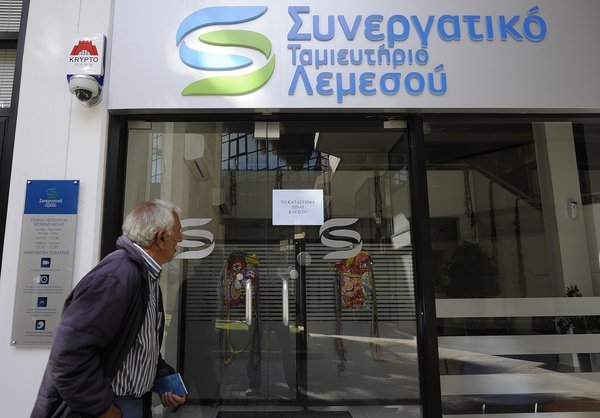
Cyprus’ central bank has announced that the nation’s banks will stay closed until Thursday, March 21, as fears mount of a bank run.
Cyprus’ banks were closed for a scheduled Bank Holiday on Monday, something that allowed the country to try to implement a levy on savers’ deposits.
That move triggered unease among depositors in Cyprus, where cash machines soon ran out of funds.
It had earlier unnerved investors, sending shares and the euro lower.
The EU and IMF want all bank customers to pay a levy in return for a bailout worth 10 billion euros ($13 billion).
Spanish and Italian markets were down 2%, with bank shares the hardest hit.
The euro lost 1% against both the pound and the dollar, leaving it at 85.6p and $1.295 respectively.

Earlier, Japan’s Nikkei 225 index fell 2.7%, while Hong Kong’s Hang Seng and Australia’s ASX 200 dipped 2%.Many major banks in Italy, France and Spain, some of the eurozone’s most indebted countries, were down between 4% and 5%.
In France, Credit Agricole and Societe Generale were the worst affected, losing about 4.5%, while Spain’s BBVA lost a similar amount.
In Germany, Deutsche Bank was down 3%, while Commerzbank was 1.3% lower.
Some investors think the Cyprus plan could prompt depositors elsewhere, particularly in Greece, Portugal, Ireland, Italy, Greece and Spain, to withdraw their funds
However, the European Central Bank board member, Joerg Asmussen, said he did not think Cyprus’ problems would spread to other eurozone countries: “I do believe that the situation of Cyprus and the Cypriot banking sector is indeed unique.”